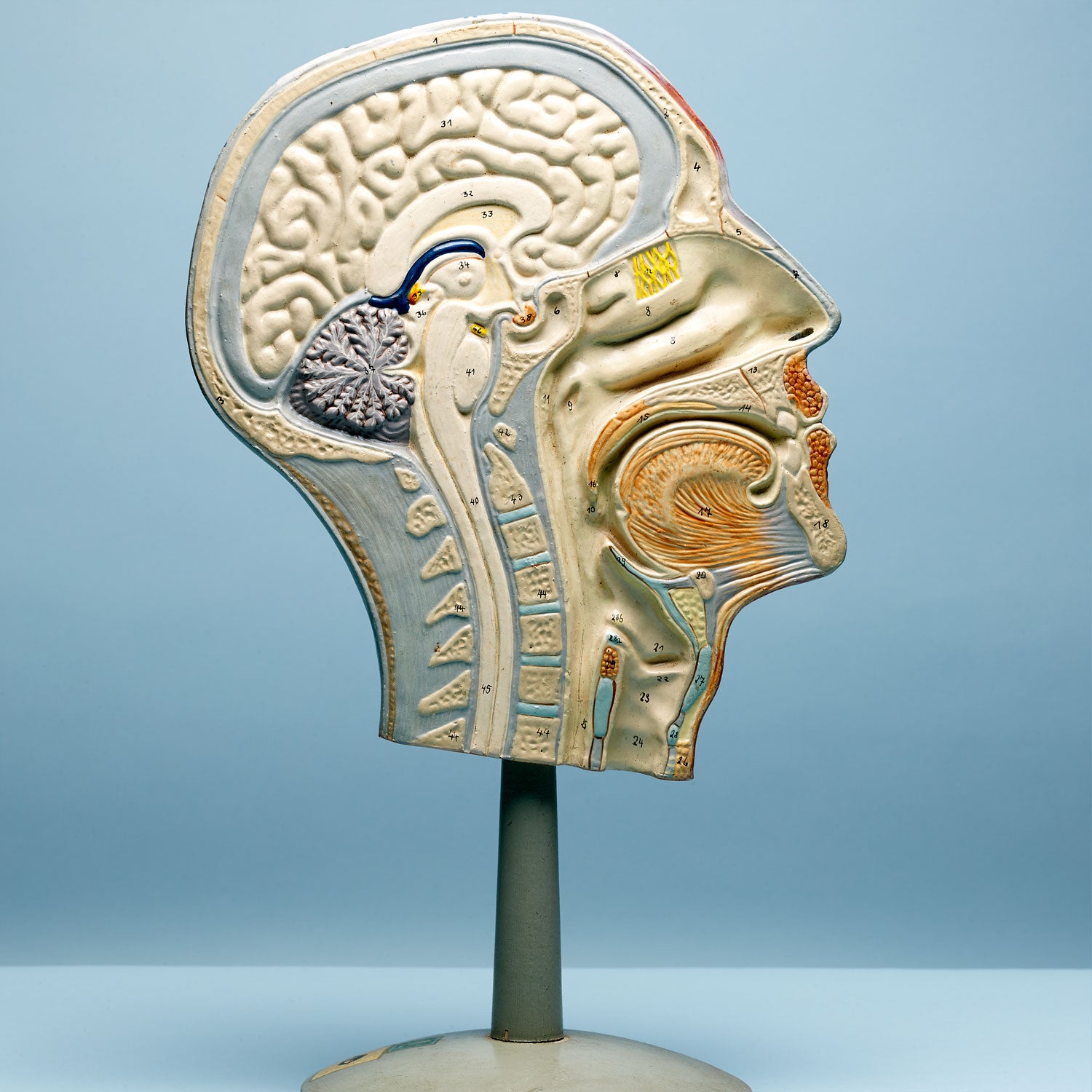, the 47-year-old director of research at the School of Sport and Exercise Sciences at England’s University of Kent, doesn’t consider himself an endurance athlete. But he’s fast becoming one of the most talked-about researchers in the field. Marcora, who is originally from Italy, started making Maverick’s-size waves in 2009, with a study showing that a tired brain can have nearly as much impact on athletic performance as muscle exhaustion. The article, titled “” and published in the Journal of Applied Physiology, suggested that fatigue and the role it plays in endurance sports might be mostly in your head.
The implications are huge. If fatigue is grounded in perception, the logic goes, then an athlete can train to manage it, opening up new frontiers of performance. The theory, which Marcora calls the psychobiological model of exercise tolerance, because it combines the fields of psychology and biology, revises the long-dominant “central governor” theory, attributed to South African exercise physiologist Tim Noakes. Noakes argues that fatigue is a largely physical phenomenon that occurs when the brain signals depleted muscles that they’re out of gas.
“Usually,” Marcora says, “when exercise physiologists talk about the brain, they see it as a center of fatigue and fatigue as a motor function. They don’t talk about psychology or the perception of fatigue.”
The point is for athletes to understand that most of us can keep going after our brains start telling us to stop.
Marcora believes that perception is the regulatory mechanism and that it slows you down before you reach your biological limit. “There’s no physical reason for exertion to feel any harder, but when you’re mentally fatigued, it does,” he says. “Therefore you reach what you perceive as a maximal effort earlier.”
To test this, in 2010 Marcora designed an experiment with a group of rugby players. “They’re tough, so I knew they would be good subjects,” he says. He had the players sprint on a stationary bike for five seconds, then immediately ride at an endurance-oriented, submaximal level until they could no longer maintain the required power (about 250 watts). Then the subjects were told to do another five-second sprint.
“Their max power was reduced compared with when they were fresh,” Marcora says, “but they were still able to produce, on average, more than 700 watts—much more than during the endurance test. Conventional physiology would say they stopped the endurance test because they were out of energy, but this is clearly not the case. They had not yet reached a physical limit.”
Marcora’s research doesn’t mean that fatigue is entirely imagined. Both the brain and the body experience very real factors of exhaustion, including reduced glycogen. The point, he says, is for athletes to understand that most of us can keep going after our brains start telling us to stop.
Almost any positive experience can improve the perception of effort. In one recent study at England’s Northumbria University, for example, researchers had young men run to exhaustion on a treadmill. Near the end of the exercise, the scientists had the subjects interact with either an attractive female lab assistant or an athletic male assistant. The subjects interacting with the women consistently performed better and scored higher on the treadmill test than those interacting with the men. Apparently, a man’s mind can access reserves of energy, even at the point of perceived exhaustion, when motivated by attraction.

In 2013, Marcora turned his research on himself, embarking on a three-month, 13,000-mile motorcycle journey from London to Beijing to collect data on fatigue. He’d been passionate about adventure motorbiking since he was 14, when he taped a hand-drawn map to the gas tank of his minibike and rode 150 miles through the Italian countryside to visit a girlfriend.
“That may not seem like a lot now,” Marcora laughs, “but when you’re that age, alone on a minibike, it is.”
The Beijing trip entailed weeks of rugged off-road riding across the Tibetan plateau. Marcora crashed twice, fracturing his ankle in one of the wrecks. “It was excruciating,” he says, “but I rested for a few days, the swelling went down, and I continued to ride.”
To explore the impact of caffeine on fatigue, he conducted a blind experiment where each day he took a pill that was either caffeine or a placebo. The verdict? “The caffeine worked, as you might expect, but not just in the way it is traditionally understood—that it improves glycogen use,” he says. “It stimulates the brain and reduces the perception of effort.”
This Is Your Brain on Tech
 Can the neuron-stimulating halo sport headphones boost athletic performance?
Can the neuron-stimulating halo sport headphones boost athletic performance?Marcora also conducted fitness tests before and after the ride and kept detailed records of his diet, mood, heart rate, and vital signs, among other factors. He amassed so much data that he is still analyzing it to see if it supports his psychobiological model. In the meantime, Marcora is following up on his fatigue theories by examining how the brain can alter perception of effort to allow athletes to push longer and harder. He’s currently investigating sleep deprivation during ultrarunning, the impact of heat on fatigue, and the optimal use of caffeine. His other interests include the emerging science of transcranial direct-current stimulation (tDCS), which involves sending low-level electrical charges to the brain via electrodes in a skullcap or headband and has been shown to improve sports performance. Preliminary studies indicate that tDCS can also reduce perception of effort.
As interesting as performance science is, for Marcora the research is personal. He began studying fatigue after watching two close family members go through serious illnesses, and he hopes to one day apply his findings to disease management and treatment. “I want to find ways to help people who are doing chemotherapy feel less fatigued and be able to function and enjoy their lives more,” he says. “That’s what I’m passionate about.”



 127 radical tips for total health.
127 radical tips for total health. Turning off your mind is the key to recovery.
Turning off your mind is the key to recovery. Move the dial with the power of science.
Move the dial with the power of science.